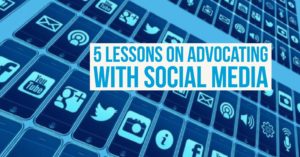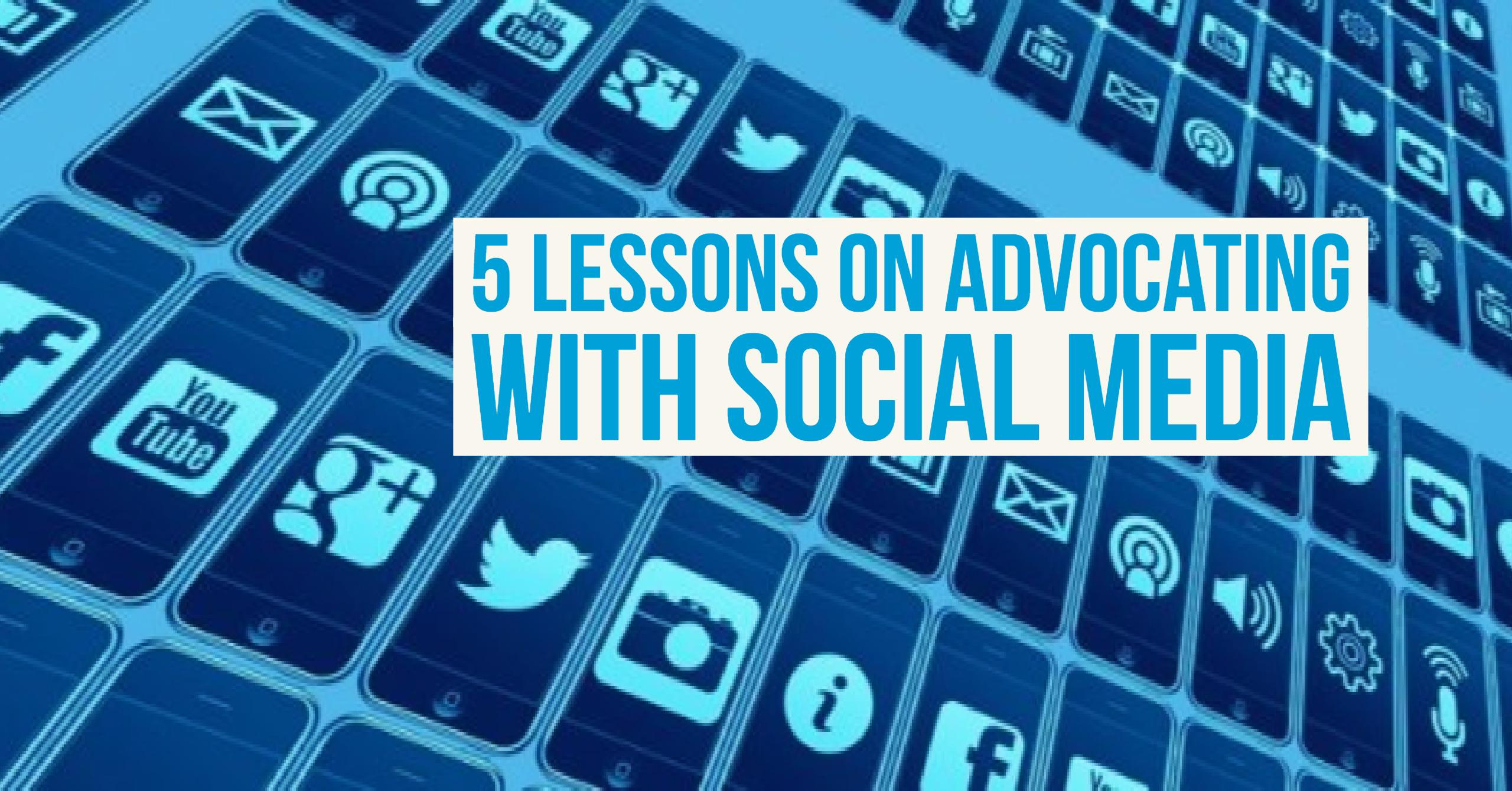
I initially wrote this post back in 2013, but a number of factors made me think it was worth another look.
- The election of Donald Trump and his love of Twitter
- The creation of “alternative facts”
- Concerns about fake news and
- Facebook’s algorithms
If you’re wondering about the last point, then consider that your newsfeed on Facebook is based on what you have liked in the past. This means that all you will see are the opinions that agree with yours. Facebook is working to adjust this, but its worth noting that as brilliant as we may be, alternate opinions are important to have a realistic and balanced view of the world.
Social media has changed the way we communicate and the way we advocate to the government. Messages placed online become living entities fuelled by others. The popularity of these communications tools provides every Canadian with an opportunity to not just express an opinion, but to be heard by thousands of others and possibly generate support for their perspectives. This opportunity has not been lost on legislators and political candidates who quickly created their own profiles in an attempt to reach broader audiences. The challenge, of course, is that like all communications tools, you have to use them with care. Social media does not mean accuracy or the use of facts. It also does not need you to keep a message moving once it starts to roll.
In 2008 when the federal government announced Bill-C-51, which had the stated objective of modernizing 50-year-old health legislation, no one really expected anyone beyond health professionals and other healthcare stakeholders to pay much attention. Instead, what seemed like an army of angry Canadians rallied around concerns that the new legislation might limit the availability of certain herbal remedies. Communications grew so vociferous and hostile so quickly that the movement became a testament to the effectiveness of social media.
Concerns about the Bill came close to hysteria in some instances. One website claimed that the new legislation would give the government the right to invade homes and remove materials without the need for evidence or a search warrant. Another site warned Canadians that a police state would result from the implementation of the legislation. The Health Minister, who was initially dismissive of what looked like a small group of misinformed people, found himself having to explain and defend the Bill in the press and on the Health Canada website.
So while all this people power sounds like great news for the average citizen, you might also want to ask who started the commentary on the Bill. There are no assurances that blogs or the information posted on social networks will be accurate or honest. There is also nothing to prevent people with a specific agenda from generating misinformation or confusion around a given subject.
Lessons Learned
- Always take into consideration who is active on the websites you use as resources.
- While blogs and social media sites represent a great communications opportunity, they also carry with them significant challenges and some pitfalls. Know who is talking to you and to whom you are talking.
- Consider the strengths and weaknesses of different social media sites and use the ones that best fit with your objectives, audience and your time. Once you engage, stay engaged.
- If you use social media, do so with the understanding that it requires your full attention as a communicator.
- Social media is not a billboard. People can not only react to it, they can take over your message. Sometimes that’s a good thing, so don’t try to control it, but do try to respond immediately when they take your message in the wrong direction.
Related Articles:
